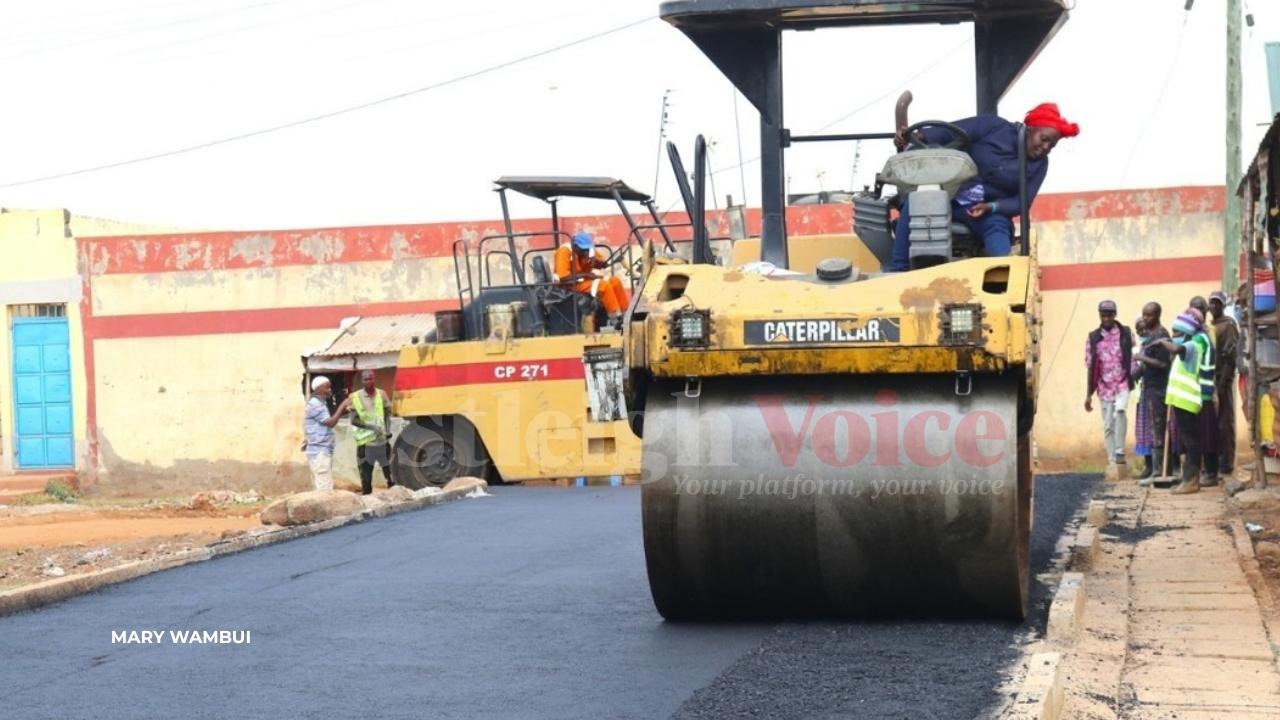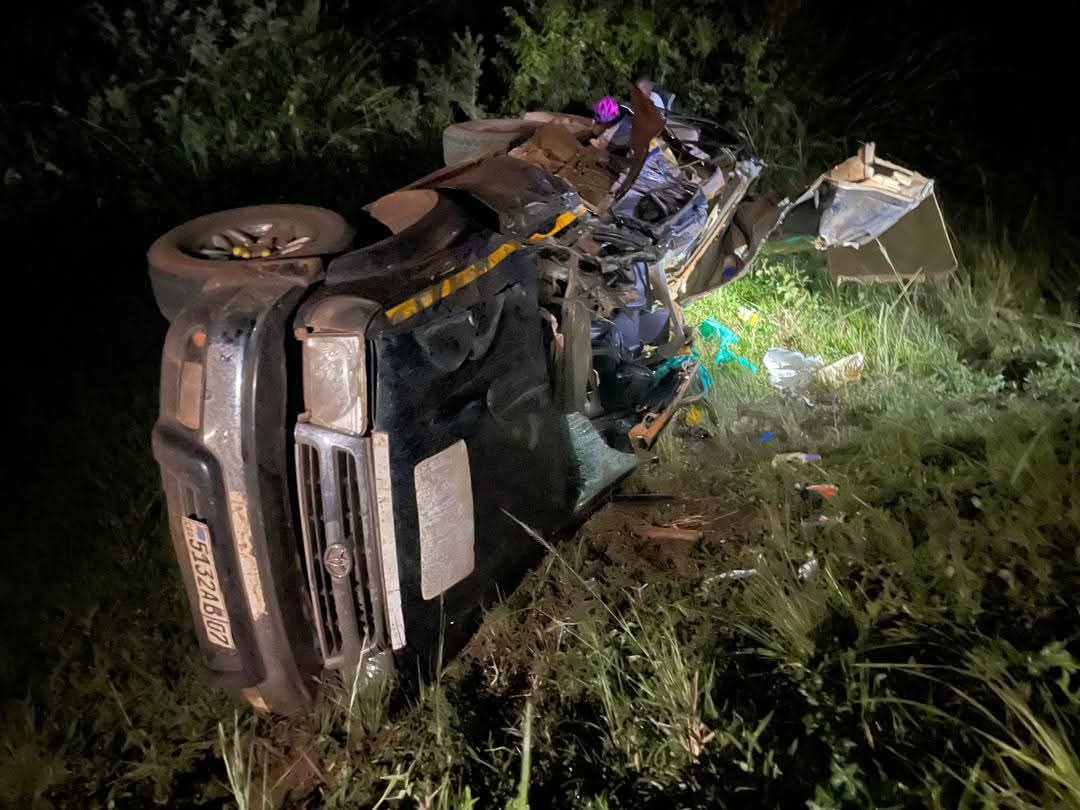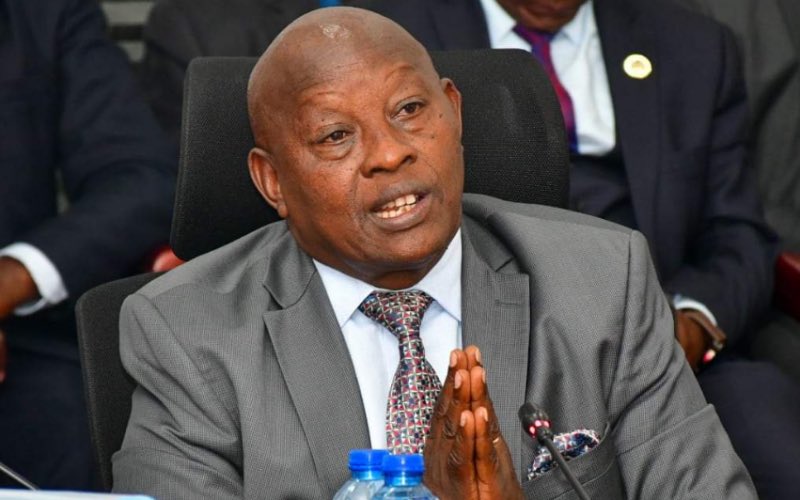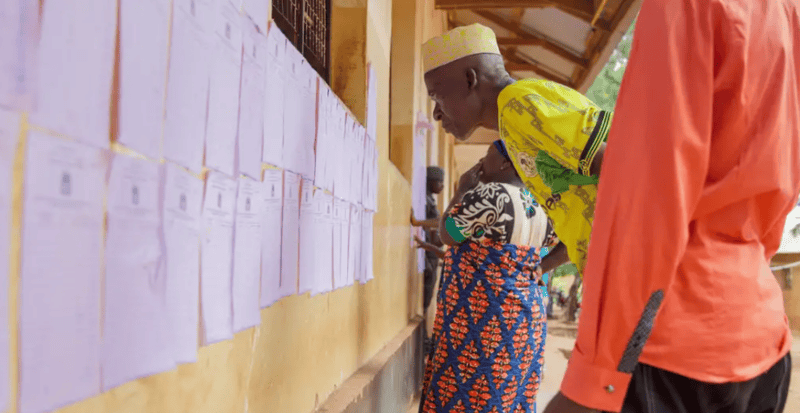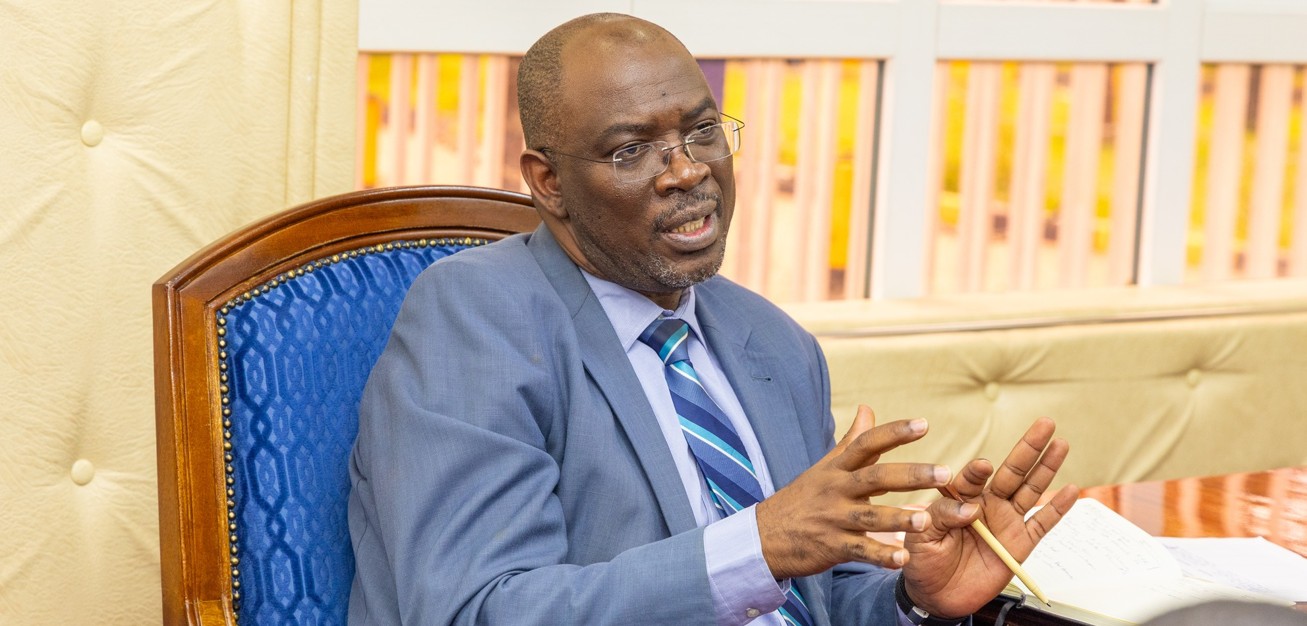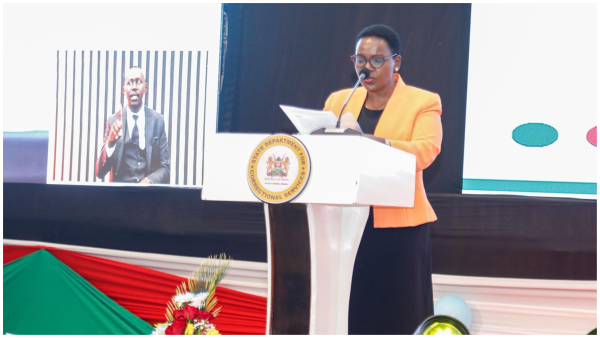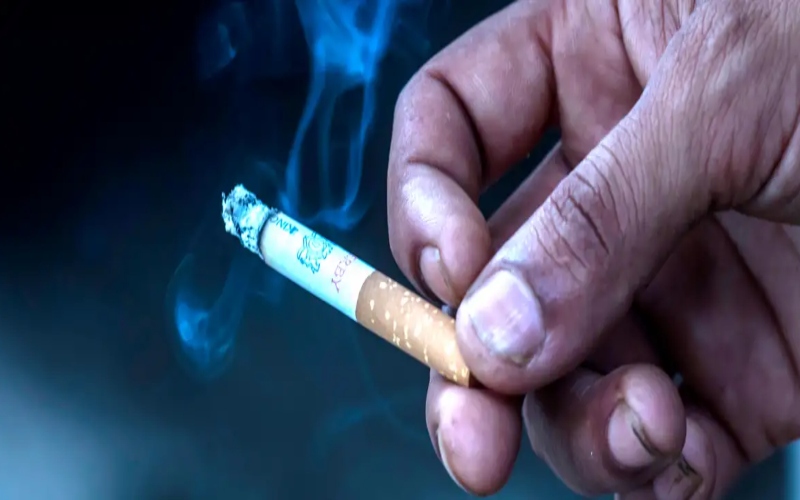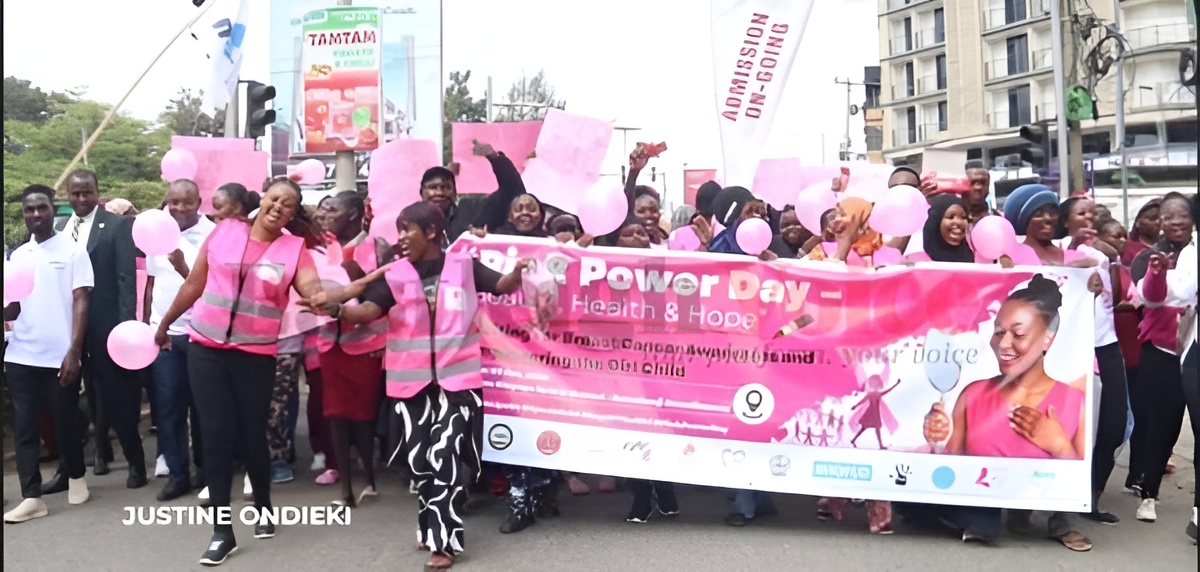Scattered bones, makeshift graves found in Djibouti’s Eastern Corridor
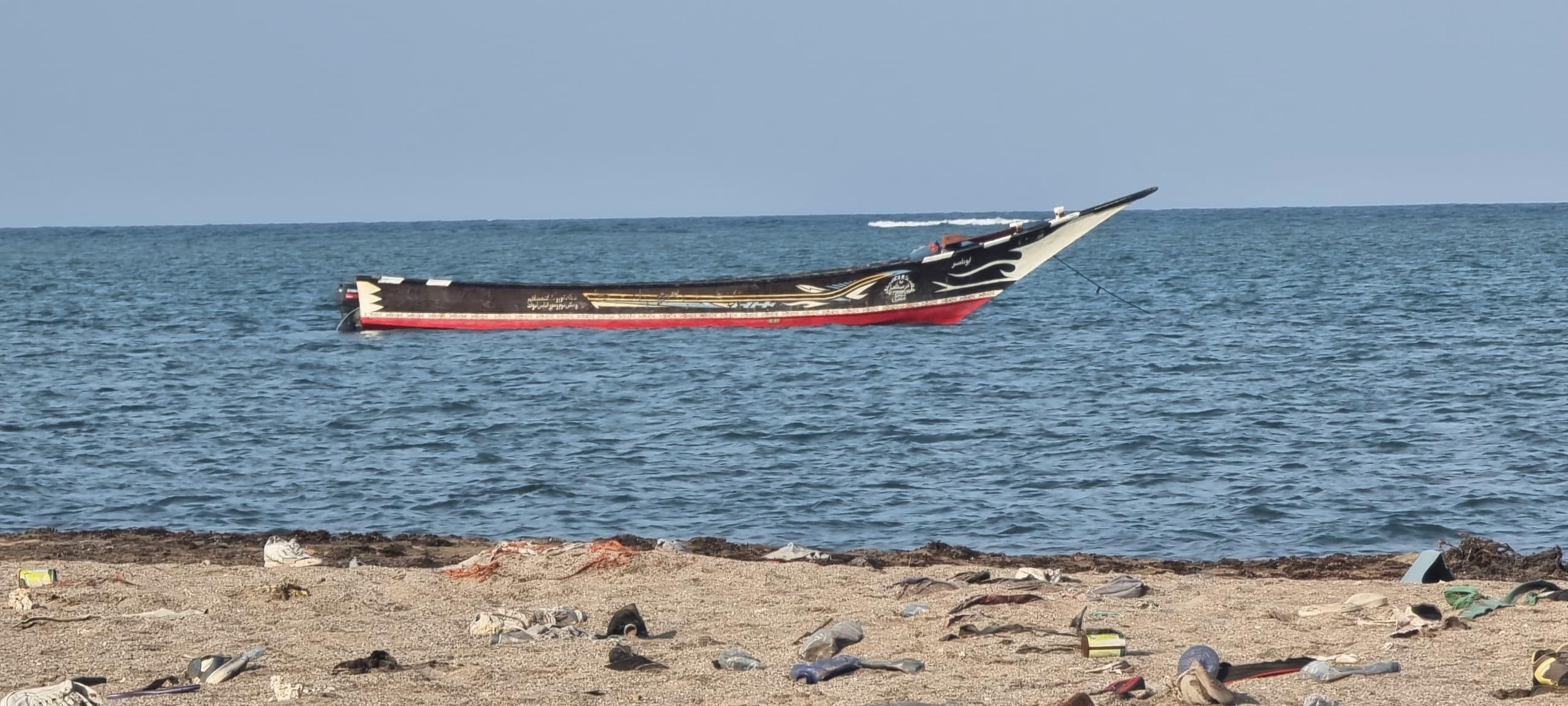
This migration route, stretching from Ethiopia to Saudi Arabia, is a deadly pathway for Ethiopian migrants fleeing poverty, conflict, and harsh climatic conditions.
Scattered human bones and hastily dug graves dot Djibouti's barren desert landscape, bearing silent testimony to this corridor's real dangers.
According to Addis Standard, this migration route, stretching from Ethiopia to Saudi Arabia, is a deadly pathway for Ethiopian migrants fleeing poverty, conflict, and harsh climatic conditions.
More To Read
"People don't know much about this route. Everyone talks about the Mediterranean, but you hardly hear about the Eastern Corridor. It receives far less attention because it doesn't lead to Europe or North America," says Dr Youssouf Moussa from the UN's International Organization for Migration (IOM).
The Guardian further reports that migrants braving this route often endure scorching heat, extreme dehydration, and the constant threat of violence. Women who account for 21% of travelers, also face the risk of sexual defilement.
Tewelde, one of the route's armed robbery survivors spoke to the Guardian on his harrowing experience.
"They gathered us all together, held out a grenade, and said, 'If you don't give us all you have, we will let this off.' At one point they opened fire, forcing us to flee into the desert " he said.
Bearing scars from chains used to restrain him, Omar, another survivor of the route's dangers, also spoke to the Guardian.
"Although we were all bleeding and exhausted they said they would kill us if we didn't have the money," said the 18-year-old.
The men travelling through Djibouti's Obock town are hoping to find manual labour as construction workers or goatherds for a monthly salary of between 1,000 and 1,500 Saudi riyals. It may not be much, but it is certainly more than they can earn at home.
"We can't help everybody, that's impossible, but we hope to help the most vulnerable," noted Dr. Moussa.
Top Stories Today
